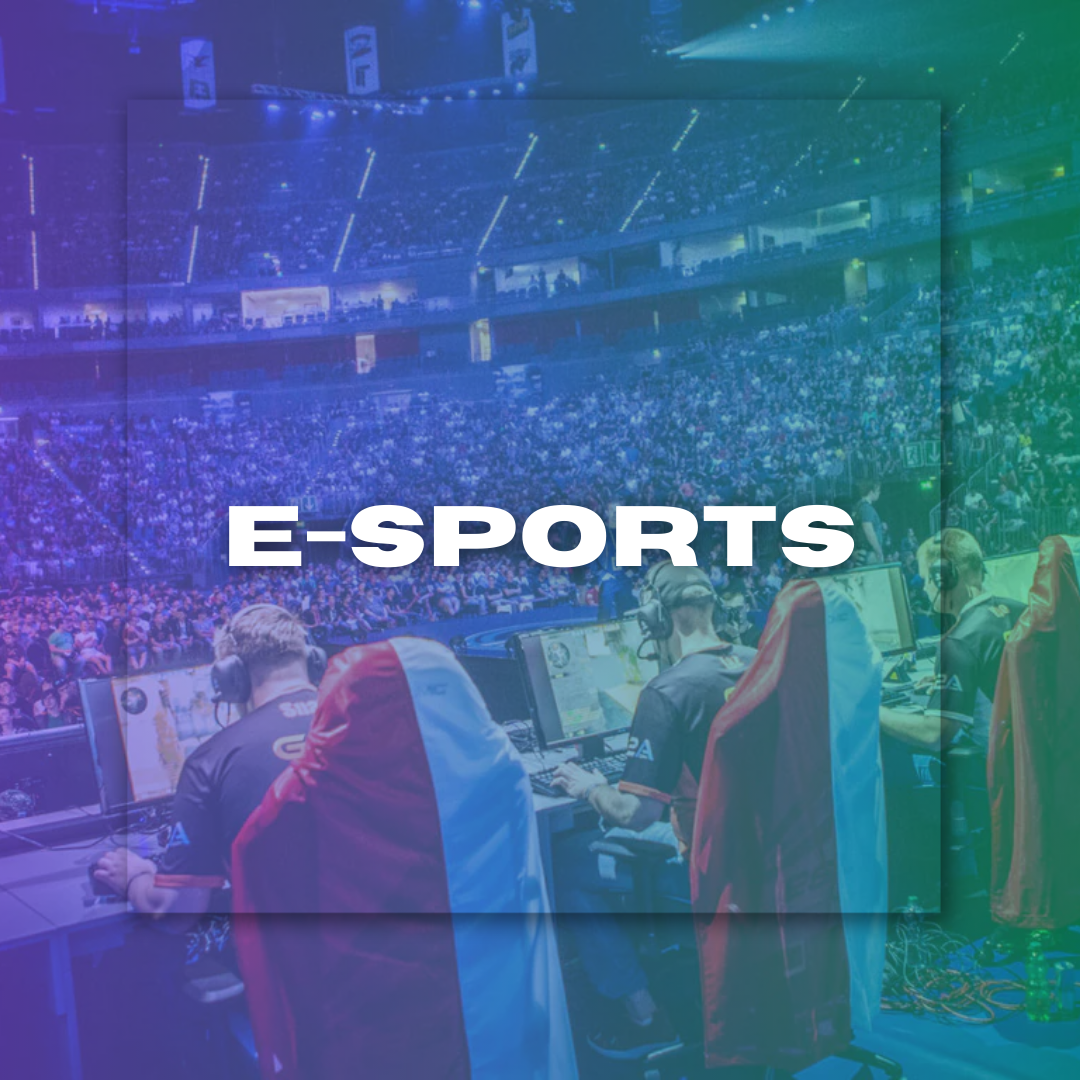
The Future of Doping Regulations in Professional Sports
The Future of Doping Regulations in Professional Sports
By Jocelyn Alano August 08, 2024 00:33
For decades, doping in professional sports has been a controversial topic because it questions the morality and fairness of sports competitions. Science has changed the landscape of sports, and its regulatory agencies also need to adapt. Here, we provide an overview of policing sport doping, from the existing regulatory frameworks and recent advancements, stakeholders around this controversy, its consequences, and much more.
Regulatory Framework In Place as of Present Day
Doping is regulated predominantly by the World Anti-Doping Agency (WADA), which establishes anti-doping protocols across sports. WADA's code lays out banned substances and testing protocols, as well as the punishment if a player is found to be in breach of them.
Yet, all of this work and doping is still quite rampant. Recent high-profile cases, such as Lance Armstrong and the Russian Olympic team, have prompted increased scrutiny of how to keep sports clean. Critics contend that the current rules are too little, too late, and always one step behind new doping strategies, and the existing substance regulation has long been reactive rather than proactive.
Recent Developments
The endeavor for stricter rules and better scrutiny has been increasing yearly. Biological passports, which keep track of an athlete's biological markers over time, have significantly advanced doping control. This approach is able to single out abnormal deviations that could suggest potential PED use, even when the individual agents are not tested for directly.
Nonetheless, the current regulations are often defeated by doping methods that have become more and more sophisticated. More and more, mistakes by athletes are quickly corrected to ensure detection of a drug is fleeting at best, turning WADA's investigative unit mainly into demolition experts hiding just off the firing range.
Advances in Detection Methods
The next generation of doping controls will depend largely on the advances in science and technology. With mass spectrometry, liquid chromatography, and other advancements in analytical chemistry, Storty relies on state-of-the-art science to detect banned substances far better today than they could do a decade ago. With these techniques, the tiniest traces of drugs in a biological sample can be detected, and it is becoming harder for anyone to get away undetected.
The emergence of genetic testing introduces ethical concerns and potential issues around regulation. Genetic testing could clue in the traits to which an athlete might be most predisposed, for better or worse. However, questioning privacy and control over some athletes' futures would likely remain a concern.
Artificial Intelligence in E-commerce
Doping detection is about to get a major boost from artificial intelligence, but at what cost? With the help of AI algorithms that can comb through thousands or millions of pieces of data from testing results, training logs, and even social media behavior to find suspicious patterns in athlete doping. This ability may take the predictive power of anti-doping agencies to new heights, enabling them to tell when testing will be beneficial and how best to exercise it.
Ethical considerations and fairness
Discussion About Performance Enhancements
The history and ethics of doping controls are not simple issues. Some argue that doping is not conducive to a competitive spirit good competition and gives an unfair advantage, so the anti-doping policy should be very strict. Others contend that these substances are merely tools to enhance the athlete's training as much advanced equipment or technology would do.
This is muddied with the rise of other competitive sports, including what they call the Enhanced Games, which allows athletes to use performance-enhancing drugs without testing them. They further blur the line between fair and casual and shift into new territory for competitive integrity in sports.
Public Perception
In general, the public's attitude toward doping is dictated by what they see on TV in connection with other scandals and how we choose to depict performers. On the one hand, numerous athletes cling to "fair play and equity"; on the other hand, they feel forced into systemic drug use or doping. This causes an ethical pondering by the athletes as they weigh up how risky doping is with potentially what it has to lose.
Role of Governing Bodies in Sports
Governance and Policies Development
Sports governing bodies, led by the International Olympic Committee and many national federations, are essential to doping policy-making. Policies must strike a balance between fairness in competition and athletes' behavior, which is understandable social attitudes. With doping scandals constantly revealed, these organizations are under more of a burden to have stricter testing and enforcement.
Teamwork and Visibility
The future of anti-doping rules may depend on improved collaboration among stakeholders. Improved communication between sports entities, anti-doping groups, and athletes can promote a culture of openness and responsibility. Athletes and their coaches can also further ethical sports practices by initiatives to inform young athletes of the dangers of doping, which would then allow them to make an informed decision.
Rebuilding Confidence
To rebuild public trust, sports organizations must show they are dedicated to clean sports. They need to continue enforcing the rules while also seeking out potential doping issues. Openness in testing results and the management of doping cases is also a way to win back fans' faith.
Illicit doping in professional sports hangs at a crossroads. Just as scientific achievement is a moving target, the criteria for healthy competition must evolve along with technology. This requires a multi-pronged strategy that includes improved testing, better education, and enhanced teamwork among partners in the fight against doping. By placing the values of integrity and transparency at its heart, this is a vision that touch-believes offers hope for ensuring that all members of our community can look firmly to fair competition, ethical behavior in sports, and true sporting excellence.
It is vital to consider all the points of view and interests of athletes, governing bodies, and the general public while maintaining the purity of sport for future generations as it negotiates this theatrical epidemic.
LATEST
- NEWS
- |
- ARTICLES
- |
- VIDEOS






















































































